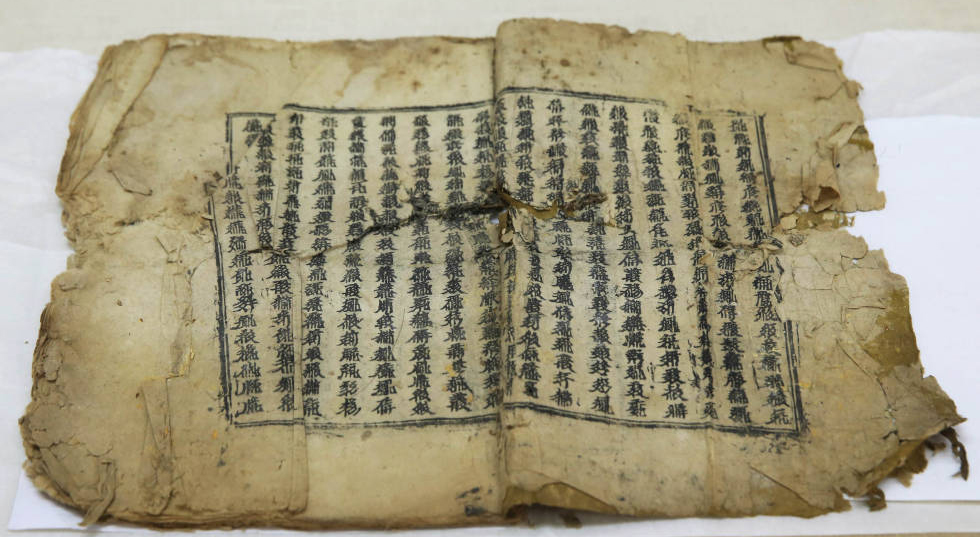Learning

Private collectors become the main repositories and channels for the collection of ancient books.
书痴者文必工,艺痴者技必良。
One who is obsessed with books can certainly write good articles, and one who is obsessed with art can certainly grasp superb skills.
This proverb indicates that it requires passion to master a particular artistic skill.
书到用时方恨少,事非经过不知难。
When faced with a chance to use one’s reading, we regret our studies were so meager; having accomplished a task, we begin to appreciate its difficulty.
This proverb means that people should study diligently because only when they face a difficult task will they realize the necessity of their studies.
书读千遍,其义自见。
Read a book a thousand times, and you will grasp the spirit of the text.
This means that repeated reading helps to improve understanding.
书画之妙,当以神会,难可以形器求也。
The magic of calligraphy and paintings should be tacitly understood, and can hardly be found in specific scenes.
The proverb implies that the realm of art cannot be described in details but can only be understood through experience.
书山有路勤为径,学海无边苦作舟。
Diligence is the shortcut to the “book mountain;” in a sea of learning that has no bounds we should use our struggles as a ship.
This proverb is commonly used to mean that if people want knowledge, they must toil for it. The English counterpart is “There is no royal road to learning.”
书犹药也,善读之可以医愚。
Books are just like medicine, and reading them with a scientific method may cure a person’s stupidity.
It points out that books are good teachers and doctors. They can increase people’s knowledge and solve problems.
书中自有黄金屋,书中自有颜如玉。
In study, one will be sure to discover a golden house; within a book one will find a countenance like jade.
This proverb was used metaphorically in bygone eras to mean that learning stands in such an honorable position that it is within reach of even the poorest classes.
